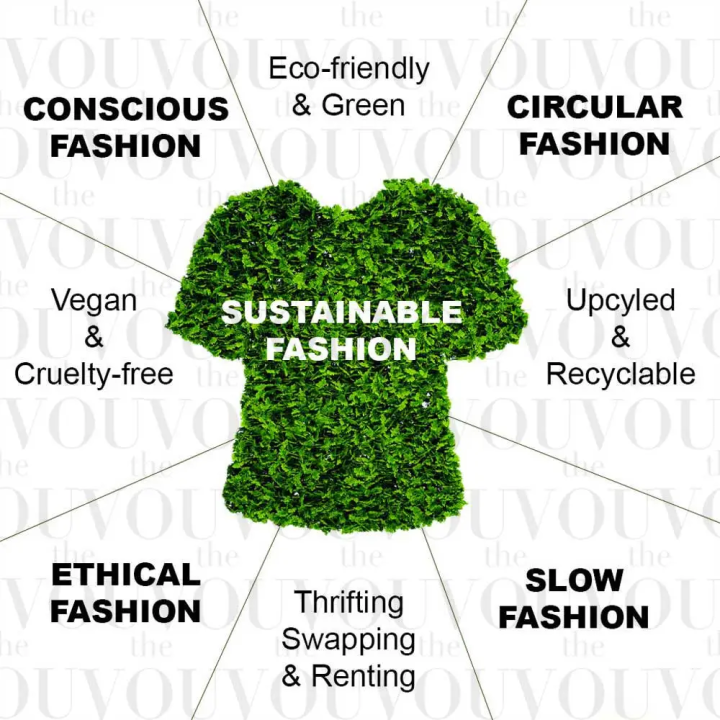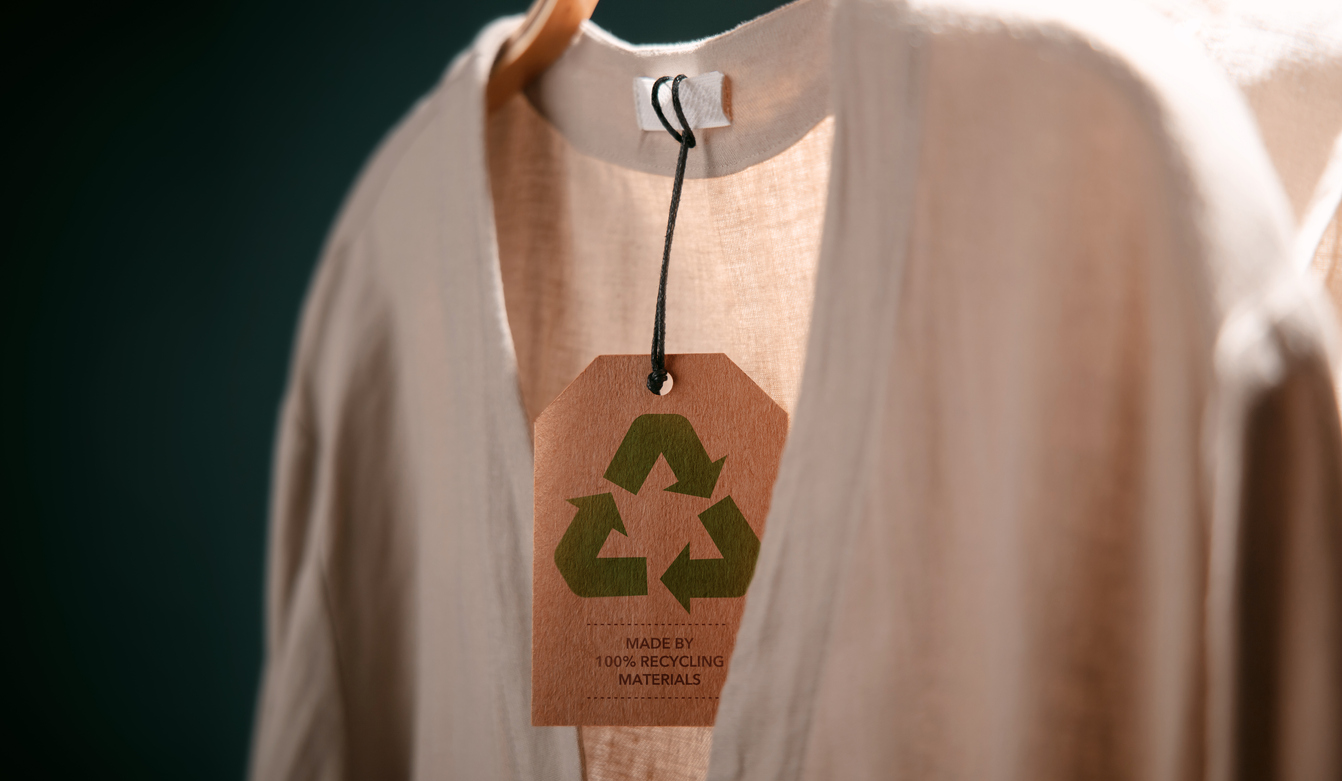Keep Ahead of the Contour by Discovering Cutting-edge Fashion Trends
In an industry as vibrant as style, remaining in advance includes more than just complying with current trends-- it requires an exploration of advancement. The convergence of innovation and fashion proclaims a brand-new period of consumer involvement.

Accepting Smart Textiles
In recent years, the style industry has actually witnessed a transformative shift with the assimilation of wise fabrics, a cutting-edge advancement that blends modern technology with material. This advancement stands for not just a blend of aesthetics and performance however likewise a significant jump towards sustainability and personalization in style. Smart textiles, likewise called e-textiles, embed sophisticated electronics such as sensing units and conductive threads within the fabric, making it possible for garments to communicate with the user or the atmosphere.
These textiles are made to keep an eye on physiological specifications, such as heart price or body temperature level, offering real-time wellness analytics. Beyond health applications, smart fabrics are additionally being made use of for adaptive clothes, which can change shade or pattern in action to environmental stimulations, thus providing a vibrant fashion experience.
Furthermore, the growth of energy-harvesting fabrics that produce power from activity or sunshine is leading the way for self-dependent wearable technology. This technology is appealing to ecologically aware consumers and developers intending to decrease the eco-friendly impact of style. As r & d in this area advance, smart textiles are anticipated to come to be progressively widespread, reshaping the landscape of modern style with their multifunctional capabilities.
The Rise of 3D Printing
Reinventing the manufacturing landscape, 3D printing has become a game-changer in the style industry. This advanced modern technology has actually enabled designers to push the borders of creative thinking, producing intricate and customized garments that were formerly inconceivable. By leveraging electronic design and additive manufacturing, 3D printing facilitates the production of complex geometries and patterns, permitting designers to try out brand-new textures and structures.
A significant benefit of 3D printing in style is its ability to produce on-demand, lessening waste and reducing supply requirements. This effectiveness not only maximizes production procedures but likewise enables rapid prototyping, making it possible for designers to bring their visions to life in a much shorter duration. Furthermore, 3D printing supports personalization to a level unrivaled by conventional methods, offering unique layouts and customized fits customized to private customer choices.
The surge of 3D printing has also democratized fashion, making it easily accessible to arising developers that can currently make top notch pieces without significant financial investment in traditional production framework. As technology remains to breakthrough, the fashion industry is poised to harness the full potential of 3D printing, checking out brand-new materials and methods that will undoubtedly redefine exactly how style is developed and produced.
Lasting Style Innovations
As the fashion business grapples with the pressing requirement for ecological obligation, sustainable fashion technologies have arised at the forefront of transformative adjustment. The growing understanding of ecological impact has actually fueled a change towards even more eco-conscious methods and products. Developers and brand names are currently focusing on sustainability, integrating approaches that minimize waste and decrease carbon footprints.
One considerable development is the increase of circular fashion, which emphasizes recycling and upcycling to prolong the lifecycle of garments. This strategy not just reduces waste however likewise motivates customers to adopt a more conscious strategy to clothing consumption. Additionally, making use of lasting products, such as organic cotton, hemp, and recycled polyester, has obtained traction. These materials call for less water and power throughout production, significantly reducing ecological influence.
An additional advancement exists in the adoption of ingenious dyeing techniques that use all-natural dyes or waterless processes, consequently lowering the substantial amounts of water and chemicals generally utilized in textile dyeing. Furthermore, developments in biotechnology have resulted in the creation of lab-grown natural leather and fabrics, using environmentally pleasant and cruelty-free options to traditional materials. With these introducing efforts, the garment industry is making significant strides in the direction of a much more lasting future.

Tech-Integrated Apparel
Tech-integrated garments stands for a groundbreaking blend of fashion and technology, reshaping how people interact with their apparel. This innovative domain is noted by the incorporation of clever textiles and ingrained digital parts, enhancing both functionality and visual allure. From health and fitness trackers embedded in sports apparel to warmed jackets managed by means of mobile phone applications, tech-integrated apparel supplies customers extraordinary benefit and why not find out more flexibility.
Pioneering brand names are driving this pattern, focusing on producing garments that reply to environmental stimulations or user commands. As an example, some garments can change color or pattern in response to temperature level changes, while others include biometric sensing units to keep track of health metrics like heart price or stress and anxiety levels. The seamless integration of innovation into fabrics also extends to ecological sustainability, with initiatives to develop self-cleaning textiles or garments that adjust to weather, therefore minimizing the need for multiple layers.
In addition, the introduction of wearable innovation is not simply limited to garments but reaches devices like watches and eyewear, further widening the range of tech-integrated fashion. As the industry proceeds to innovate, the possibility for personalization and personalization in apparel expands, providing consumers special, tech-enhanced fashion experiences that satisfy their individual needs and choices.
Future of Virtual Fashion
Over the last few years, the future of digital fashion has actually emerged as a transformative force within the industry, leveraging improvements in digital innovation to redefine exactly how fashion is developed, experienced, and taken in. By incorporating increased reality (AR), online truth (VIRTUAL REALITY), and 3D style devices, designers can now craft immersive and interactive experiences that go beyond typical fashion limits. Online fashion permits for the production of garments that exist entirely in digital settings, offering countless possibilities for innovation without the restrictions of physical manufacturing.
This digital shift not only provides opportunities for creative expression but also addresses sustainability issues integral in traditional fashion methods. Cape Town Sustainable Fashion. By eliminating the need for physical sources, digital fashion minimizes waste and reduces carbon footprints. In addition, the surge of online fashion aligns with the enhancing customer need for tailored and unique experiences, as online garments can be personalized and tailored to individual choices easily

Final Thought
The garment industry's future depend on the assimilation of sustainable techniques and ingenious innovations - Cape Town Sustainable Fashion. Smart fabrics and tech-integrated garments are enhancing capability, while 3D printing provides opportunities for customization and waste reduction. Sustainable fashion, via eco-friendly products and round methods, shows a commitment to environmental stewardship. Moreover, virtual fashion is poised to redefine consumer interactions. Adapting to these fads is essential for brands looking for to remain appropriate and affordable in this rapidly developing landscape.
In recent years, the fashion market has seen a transformative change with the integration of clever textiles, a sophisticated innovation that mixes modern technology with fabric.As the fashion market grapples with the pressing need for ecological obligation, sustainable style innovations have emerged at the center of transformative modification.In current years, the future of virtual fashion has emerged as a transformative force within the industry, leveraging improvements in digital innovation to redefine how style is developed, experienced, visit homepage and eaten. The surge of digital style aligns with the increasing customer demand for tailored and unique experiences, as online my response garments can be tailored and tailored to private choices with simplicity.
The fashion industry's future lies in the integration of ingenious modern technologies and sustainable practices.